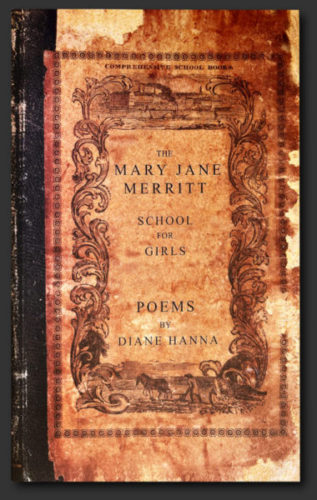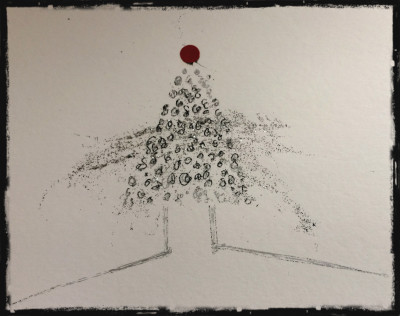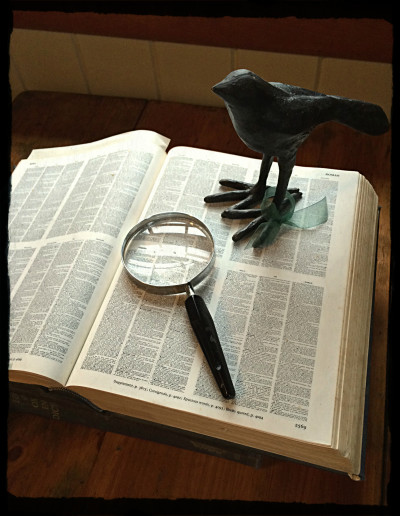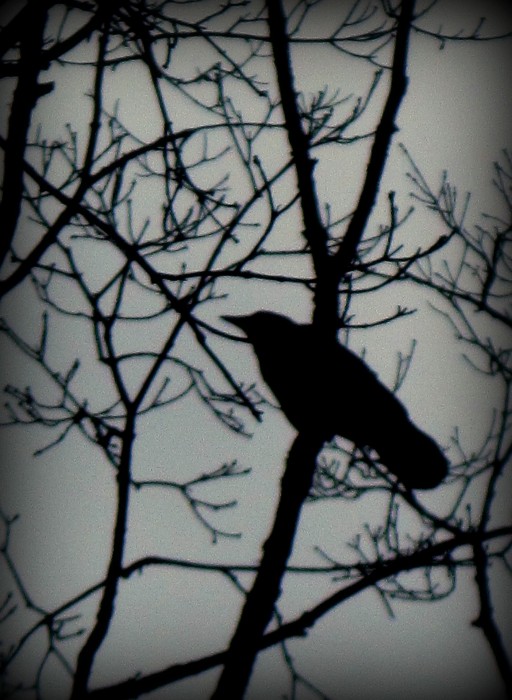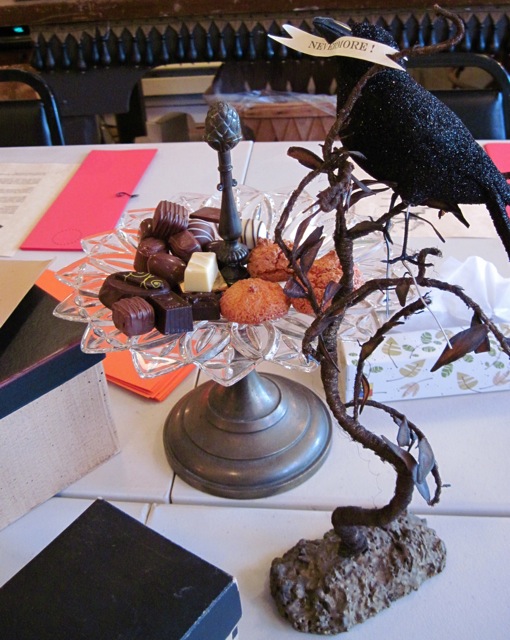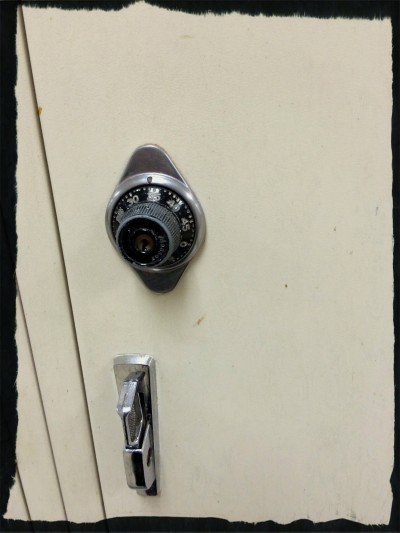
Forgotten Combination
It was just a matter of breaking the code, I thought, all those years so long ago when I was in high school. If I could only get the combination right, the door would swing open to a world of perfect, poufy hair; a cheerleader’s uniform; straight A’s; lots of friends; and most importantly, lots of dates. Boys everywhere: handsome ones, smart ones, funny ones, athletic ones, even older ones all vying for my attention.
Perhaps if I got it right, there might even be a big class ring swaddling my left finger in grimy adhesive tape; a ride to school in, let’s say, an old maroon Mercury; maybe a way-too-big wool jacket with the orange letters, “HF” on the back; dances in the sweaty gym after the games; and certainly, an ensured date for the prom, for the ball.
I would say that by Senior Year, I had figured out two or three numbers of the code, not nearly enough to open the doors of my dreams. I had wonderful girlfriends and a few boys were at least saying hello to me in the halls, but no ring, no maroon Merc, no uniform or poufy hair, and a very long wait for an invitation to the Senior Ball.
But I was getting the hang of it, and given a couple more years, I just might have mastered the code. When we (all 85 of us) graduated that June evening, left the town we knew so well, slammed the door on those growing-up years, and scattered ourselves to the winds, we left each other and the farmy lands for good. I knew this, knew profoundly that something more important than dates was lost to me and was greatly saddened by it.
That’s when the dark allure of homesickness and the melancholy beauty of abandoned farms became poetry for me. As did the land of upstate New York with its hot-baked summers and ice-slicked winters; its vistas of corn and sky; its dark, fathomless lakes; its earth fertile, fragrant, full of secrets and promise.
And I write about this again and again to remember, to hold these things in place.
I went to my high school reunion a few weeks ago and saw many (but certainly not all) of my classmates. I realized in that weekend that age is the great equalizer…that there never was a code to break…just something I made up to cover my shyness and fear. After so many years, meeting again in the bar of the bowling alley, we looked right at each other, right into each other, understanding that no matter what our station in high school, we’re all in this together now.
Combination or no combination, we always were.
